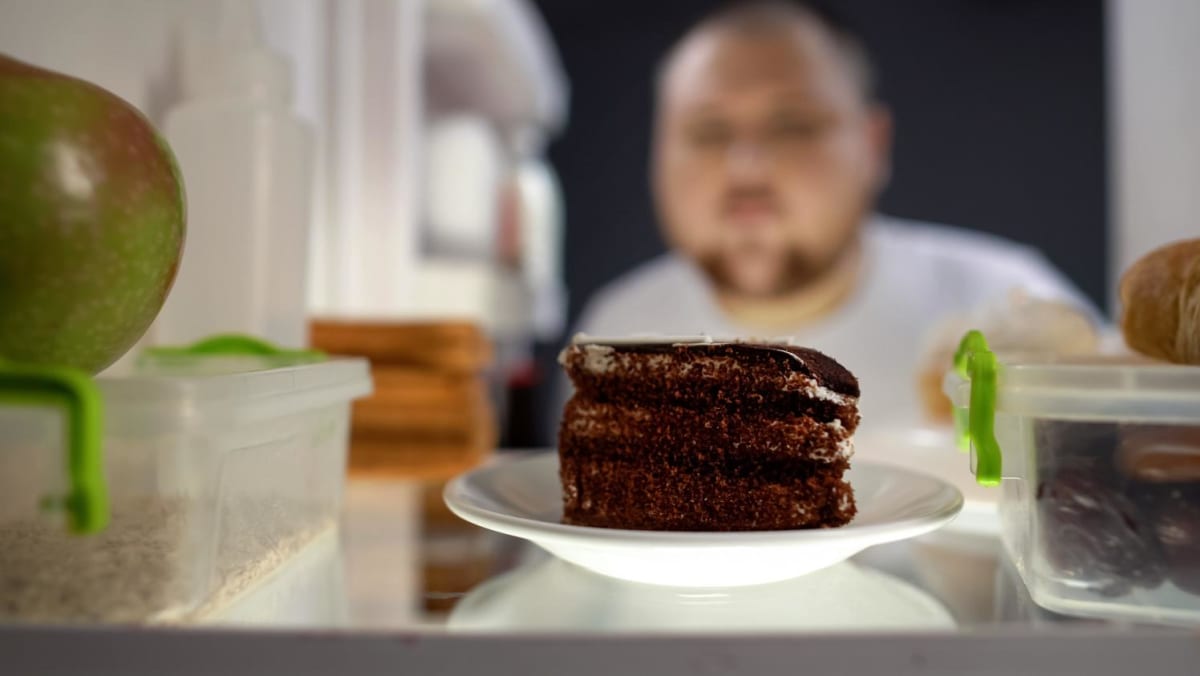
That’s because the stress hormone cortisol “leads to an increase in appetite and drives up your motivation to eat,” said Toh Hui Moon, a senior clinical psychologist at National University Polyclinics. You start to crave high-fat and high-sugar snacks as such foods can “dampen stress-related responses and emotions, and act as a relief,” she said.
- Lack of sleep
Sleep deprivation is another snacking enabler, according to Dr Serene Wong, a consultant with Alexandra Hospital’s Chronic Programme, who has a special interest in sleep medicine.
“Leptin is an important hormone that signals satiety; conversely, ghrelin stimulates appetite.” And the lack of sleep has been associated with high leptin and ghrelin levels, she said.
Elevated levels of the satiety hormone are not a good thing as they signal leptin resistance; your body needs more of the hormone to feel full but it may not be producing enough of it. An increased ghrelin level is also bad news as your appetite is constantly being stimulated.
Together, they trap you in a vicious cycle of increased leptin resistance, increased appetite and weight gain, said Dr Wong.
- Skipping lunch, not eating enough or eating the wrong foods at lunch
You may be trying to cut down your food intake to lose weight, or you had to skip lunch or grab a quick bite to rush out some work. However, “eating too little can result in a higher intake of calories from snacks later on”, said Lynette Goh, the principal dietitian from National University Polyclinics.
Even what you had for lunch – pasta, carb-heavy economy rice or a salad loaded with honey mustard dressing and croutons – can induce you to snack in the afternoon. That’s because these foods have a high glycaemic index and load. They raise blood sugar levels rapidly – and just as quickly, cause them to dip, said Goh. “This is why having a high-starch, high-sugar meal may leave you feeling tired.”
